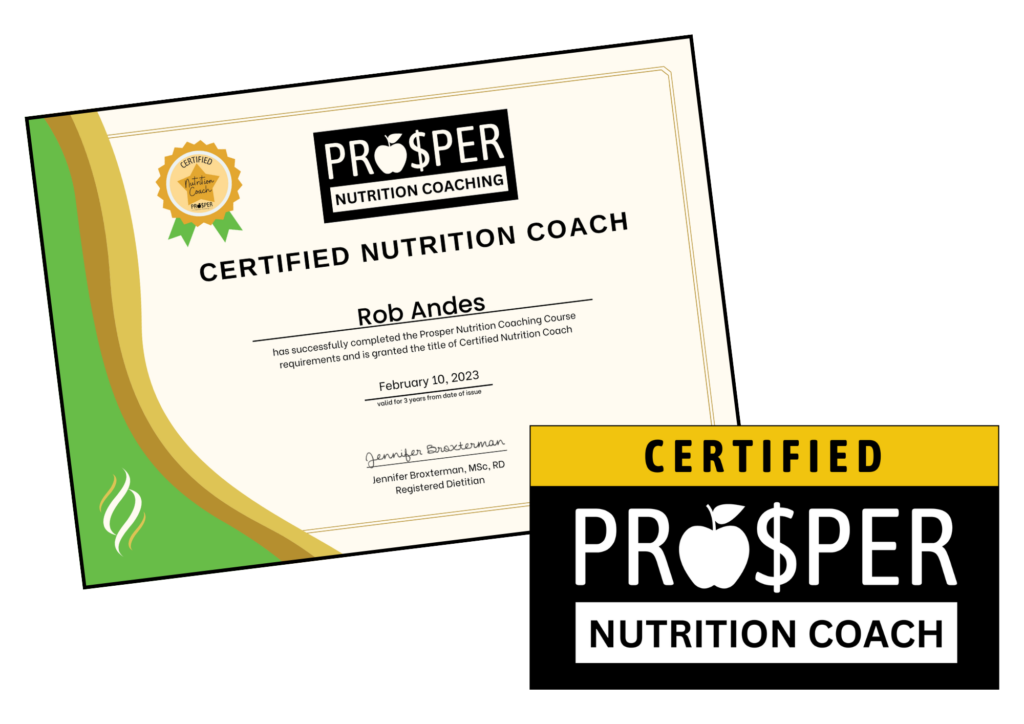Original Source: US News – Health (http://health.usnews.com/health-news/blogs/eat-run/2012/11/21/how-often-should-you-eat)
November 21, 2012 Print
I’m amazed at the emotions that charge the answer to the question of how many times a day we should be eating. Some people swear by six small meals, while others stress three square ones. Others argue that two daily meals, or even one, will suffice. I’ve also met folks who passionately believe that snacking ensures a successful diet, while others firmly believe that diets can fail on snacks alone.
The medical literature isn’t much help in these matters. There are studies clearly demonstrating that frequent eating benefits weight management. Other studies, however, show that frequent eating leads to caloric excess.
So how is it possible for there to be so much division and passion, both in opinion and in evidence, for a singular behavior? How can eating more frequently be at once fattening and thinning? The answer depends on both the foods and the individuals involved.
First, let’s start with whether or not snacking is helpful or harmful to weight management. Undoubtedly, the answer depends almost entirely on the snacks. University of Alberta researchers recently found that a drink and a snack from a vending machine would provide 15 teaspoons of sugar and 433 calories—roughly the caloric equivalent of a McDonald’s Quarter Pounder. By those calculations, people who snack on food from a vending machine may well find their waistlines challenged.
Others, like me, for instance, snack regularly on more healthful foods. My snacks—yogurt with homemade granola, for example, or fruit with 15 to 30 grams of cheese—tend to pack a good wallop of protein in roughly 200 calories. My experience supports what researchers have consistently shown—that consuming protein throughout the day helps to stave off hunger. I’ve also read studies suggesting that three daily meals, in which 25 percent of calories comes from protein, may be even more satiating than my approach. However, I find that this strategy requires having a larger breakfast, which takes me too long to eat on rushed mornings and, at times, leaves me feeling lethargic and groggy.
My friend Dick Talens, the uber-fit, young phenom who cofounded Fitocracy (the Facebook of fitness), relies on two meals a day to curb hunger demons. Then there’s Brad Pilon, author of Eat Stop Eat, who has found that intermittent 24-hour fasts is the best way for him to go.
So, who’s right? Should you eat six, four, or two times a day? How about eating once daily? Truthfully, there is no right answer. And yet, at the same time, we’re all right. As individuals, we’ve each found ways to control our calories and our weight within the contexts of lives we honestly enjoy. And therein lies the rub.
While you’ll readily find any number of diet book authors and weight-loss gurus who’ll tell you that it’s their way or the highway, the truth is that what works for them may well be different than what works you. And so, to those folks who think that there’s only one “right” way to do things, I’m here to tell you that I think you’re wrong. Moreover, I’m here to tell you that even if one day there’s definitive proof of the perfect way to eat, I wouldn’t recommend it if you didn’t enjoy living that way. You need to enjoy your life. Simply tolerating a lifestyle isn’t enough, and perfect on paper is certainly not the same as perfect in practice.
Hungry for more? Write to eatandrun@usnews.com with your questions, concerns, and feedback.
Yoni Freedhoff, MD, is an assistant professor of family medicine at the University of Ottawa, where he’s the founder and medical director of the Bariatric Medical Institute—dedicated to non-surgical weight management since 2004. Dr. Freedhoff sounds off daily on his award-winning blog, Weighty Matters, and is also easily reachable on Twitter. Dr. Freedhoff’s latest book Why Diets Fail and How to Make Yours Work will be published by Simon & Schuster’s Free Press in April 2013.







